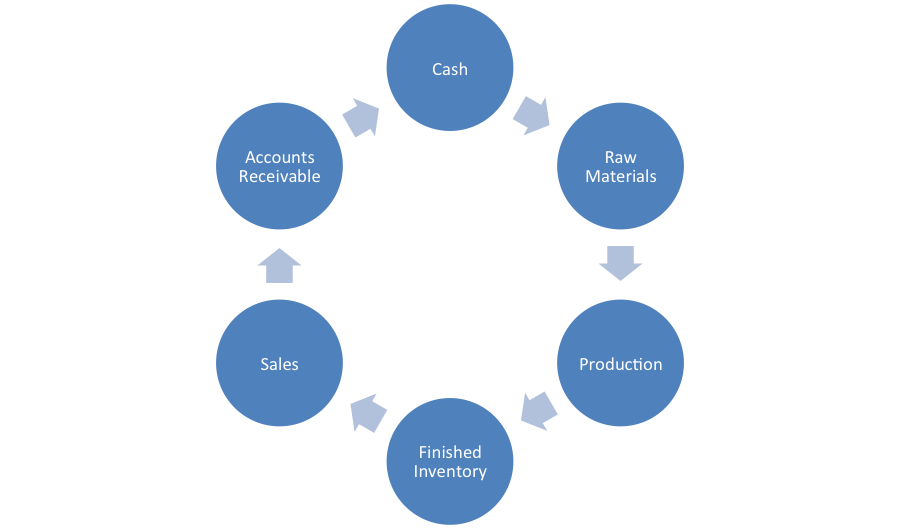Law of Limitation in Banking
Limitation period for recovery of Debt in India is governed by the Limitation Act, 1963. The Limitation Act, 1963 specifies certain prescribed period within which any suit appeal or application can be made. A banker is allowed to take legal action by filing a suit, prefer an appeal and apply for recovery only when the documents are within the period of limitation.
You should also be interested in other Articles on Lending
If the documents are expired or are time barred, the banker cannot take any legal course of action to recover the dues. Banks should be careful to ensure that all legal loan documents held are valid and not time barred. Banks should ensure that all loan documents are properly executed and they are within the required limitation period as per the limitation act.
Banks are expected to hold valid legal documents as per the provisions of the limitation act.
Also Read: Types of Mortgages in India
Extension of Limitation Period:
Well, can this period of limitation be extended? Yes the limitation period can be extended in the following manners:
Acknowledgement of debt:
By obtaining acknowledgement of debt in writing from the borrower before expiry of the prescribed period of limitation, limitation period is extended.
Part payment:
Limitation period is extended when borrower of his duly authorized agent makes part re- payment of the loan, before expiry of the documents. Evidence of such payments should be under the signature of the borrower or his authorized agent.
Also Read : CERSAI Fees & Charges
If the limitation period expires:
If limitation period expires, it can be extended only by executing fresh set of documents. Fresh limitation period will be available from the date of execution of such documents.
Period of limitation for certain documents
| Nature Of Documents | Limitation period |
| A Demand Promissory Note | Three years from the date of DP Note. |
| A Bill of exchange payable at sight or upon presentation | Three years when the bill is presented |
| An Usance Bill of exchange | Three years from the due date |
| Money payable for money lent | Three years from the loan was made. |
| A guarantee | Three years from the date of invocation of the guarantee |
| A mortgage – enforcement of payment of money | Twelve years from the date the money sued becomes due |
| A mortgage – foreclosure | Twelve years from the money secured by the mortgage becomes due |
| A mortgage – possession of Immovable property | Thirty years when the mortgagee becomes entitled to possession |
If Courts are closed
If the court is closed on the date of expiration of limitation period, suit, the suit appeal or application may be made, on the day when the court reopens
You may be interested:
- ‘Term Loan Appraisal’
- What is Working Capital
- What is Letter of Credit
- Difference between LC and SBLC
- What is Collateral Security and Primary Security


